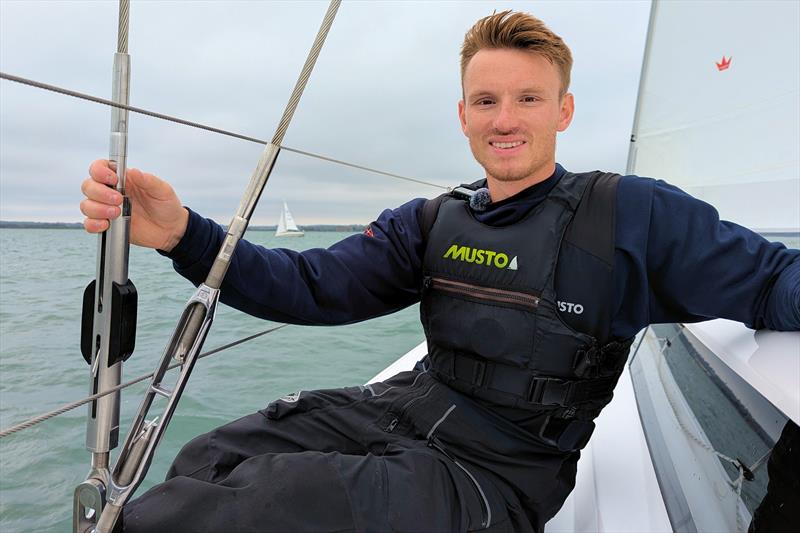
Should you install load sensors on your yacht from new?
by Mark Jardine 1 Oct 2024 12:00 BST

Ben Hazeldine aboard a Bavaria C50 with Cyclops load sensor on the shroud © Mark Jardine
Understanding the rig on your yacht and how it is set up is critical, all the way from when it is brand new. I spoke to Cyclops Marine's Ben Hazeldine to find out more about how their load cells can help with this.
Getting your rig right from the outset, when you initially step the mast, can prevent wear and tear, by ensuring it's within its safe working loads and performing to its optimum. With a Cyclops load cell you can ensure your setup is what the manufacturer has recommended in their specifications.
This gives sailors reassurance that when they go out for the first time in their new yacht, they are within the safe limits, it will perform as it should, and unnecessary wear and tear is avoided.
Find out more at www.cyclopsmarine.com